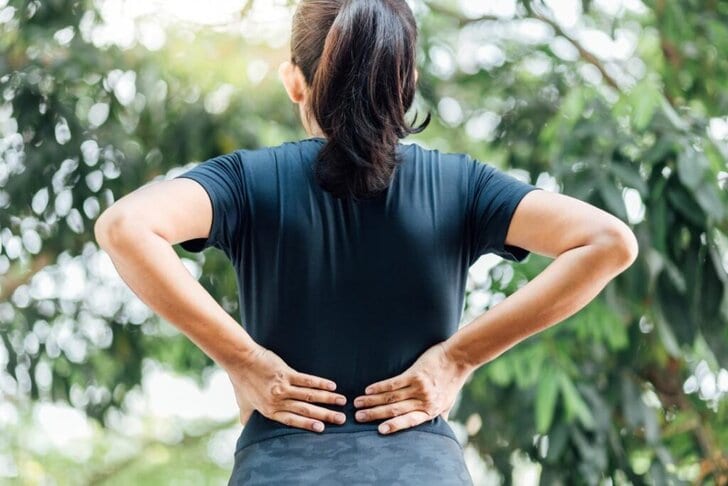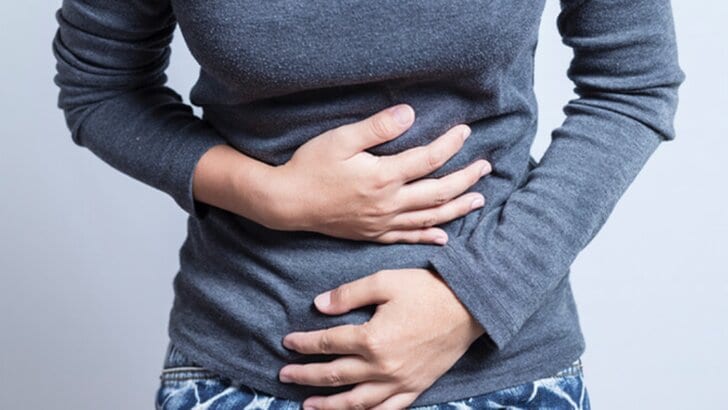Do you often suffer from troubling pain in your lower back? If yes, we’d like to tell you that you’re not alone. In fact, according to the Centers for Disease Control and Prevention (CDC), as many as 25% of Americans regularly visit a doctor for lower back pain.

There are many causes that can trigger shooting pain in the lower part of your back. Underlying problems in the bones, muscles, joints, nerves, or ligaments in your back may cause or add to the pain.
And while the primary reasons for lingering backache are often assumed to be aging, obesity, or overexertion, we’re pretty sure that you’d be stumped on discovering that constipation also plays a part in heightening it.
It’s true! Studies have shown that constipation causes lower back pain, and in this post, we’ve resolved to help you deal with the causes and solutions for it.
What exactly is constipation?
A person is said to be “constipated” when he/she has three or less than three bowel movements per week. Constipation can cause the stool to be very dry and hard to pass. It also causes the intestines to swell due to fecal matter retention and causes pain in both the abdomen and the back.

Now coming to the relation between constipation and lower back pain – if you already suffer from back pain regularly, constipation can make it worse. Pushing too hard to pass bowel can trigger the pain too.
What’s more, according to the U.S. Pain Foundation, it’s also possible that the prescription medications you take to treat your back pain can cause constipation. So the relation is pretty much two-way.
Here’s what you can do to overcome the issue
According to Icahn School of Medicine’s assistant professor, Elena Maser, regular constipation can be prevented with:
- More fiber intake
Low-fiber diets often lead to constipation and resultant lower back pain. According to the Academy of Nutrition and Dietetics, women should intake at least 25 gms of fiber per day, while men should consume 38 gms. It’s suggested that you eat more fruits, vegetables, whole grains, and beans and avoid processed foods, chips, and cookies as much as you can.
Read – 11 High-Fiber Meals That’ll Keep You Full for Hours
- More water consumption
Constipation can be caused or worsened by not drinking enough water, and this can lead to low back pain. Drinking at least eight glasses of water per day can help stools move more easily. Staying hydrated also aids in the removal of toxins from your body while supplying your muscles with the oxygen and nutrients they need to function properly.

- Physical movement
Regular physical movement can help improve muscle activity in your intestines. It also reinforces the muscles of your back and abdomen, which will eventually help relieve lower back pain. If you’re in pain, engage in mild physical activities such as walking, swimming, or yoga.
Read – Smooth Moves: Yoga Poses for Constipation
To Conclude
The first step is to identify the cause of your constipation and make changes to your diet and exercise routine accordingly. If, however, you notice blood in your stool or sudden losing of weight, consult your doctor immediately.
